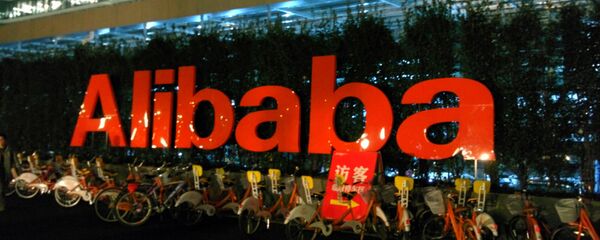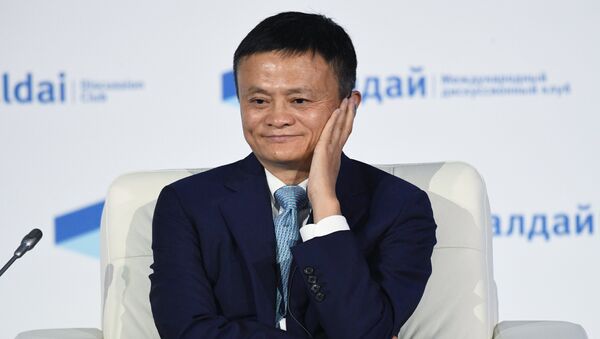Chinese fintech giant Ant Group announced on Tuesday its initial public offering (IPO) listing on the Hong Kong exchange has been suspended due to concerns from regional state regulators.
The Hangzhou-based firm was "notified by the relevant regulators in the PRC today that its proposed A Share listing on the STAR market is suspended as the company may not meet listing qualifications or disclosure requirements due to material matters relating to the regulatory interview of our ultimate controller, our executive chairman and our chief executive officer by the relevant regulators and the recent changes in the Fintech regulatory environment, it said in a statement.
According to a statement from Shanghai Stock Exchange, the event would cause the Ant Group to "fail to meet" issuance and listing conditions on disclosure requirements.
“Our exchange has decided to postpone the listing of your company.” It told Ant and its underwriters to make an announcement about the suspension, the statement read.
The news comes after Ant Group founder Jack Ma was summoned along with two executives of the Chinese fintech giant on Monday by Chinese regulators, just days before the Chinese fintech giant's massive $37bn initial public offering (IPO), reports found.

An Ant Group spokesperson responded, stating it would implement the meeting opinions "in depth" and follow guidelines to "stable innovation, embracing supervision, service to the real economy, and openness for mutual benefit" as well as improve the company's inclusive services and build the Chinese economy "and people's livelihood".
Jack Ma Speech Triggers Concerns From Chinese Regulators
The news comes after the Alibaba founder gave a speech in Shanghai last month urging reform on financial regulations to boost transparency in China.
“China is not facing a financial systemic risk, but a risk that still lacks a healthy financial system. Today, banks are still operating with a pawnshop mentality, needing collateral and guarantees are just like pawn shops . . . China’s financial pawnshop mentality is the most serious,” Ma said at the time.
There were too many controls in financial regulations and "too many documents that don't allow you to do something" despite a lack of supportive policies, he added in his speech, sparking criticism ahead of the IPO listing.
"I am most afraid that after such supervision, risks disappear and relative department risks disappear, but the entire economy is at risk of not developing,” he said at the time.
But the PBOC's Financial News responded to Ma's comments, stating that big tech companies engaged in financial services used "collateral in their actual lending just like bank loans".
“Big tech companies, as new entrants to the financial services industry, inevitably want to do financial services without being regulated. This new entrant will not only have an impact on the market landscape, but will also have a significant impact on the regulatory landscape, and will need to focus on preventing its evasion of regulation and regulatory arbitrage behaviour,” the article concluded.
The article acknowledged China's financial system's flaws, but added the Central Committee of the Party and the State Council addressed such issues as fixed shadow banking, corporate governance of small and medium banks, and financial supervision.
"Similarly, just because there are some problems with financial regulation, big tech companies can’t demand superior treatment and be allowed to expand unchecked without regulation,” it read.
The talks come ahead of the firms listing on the Hong Kong Exchange (HKEX) and Shanghai Science and Technology Innovation Board (STAR) on Thursday, the largest in decades and surpassing last year's Saudi Aramco's listing at $29.4bn.

The news comes after the State Council revealed its five-year-plan last week, where it urged self-sufficiency in domestic technologies such as artificial intelligence, semiconductors and infrastructure, among others, amid the Trump administration's ongoing trade war with Beijing.



